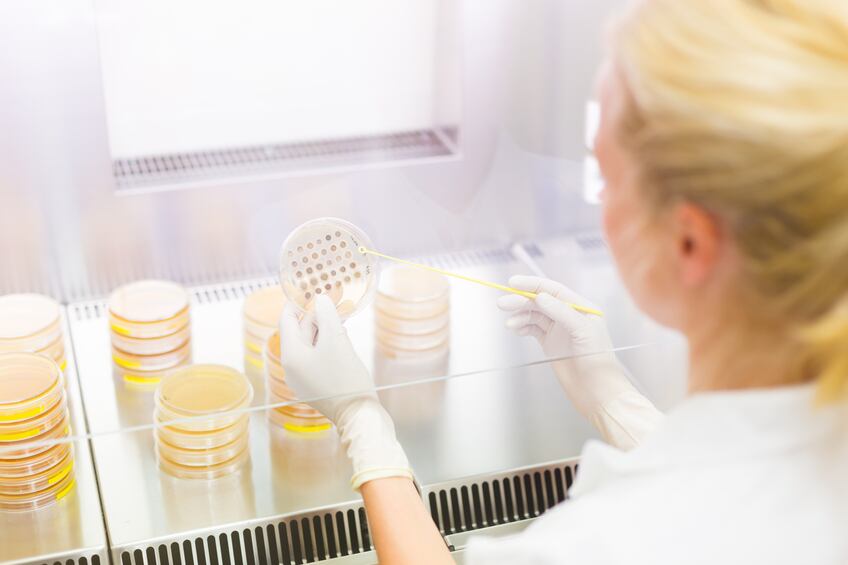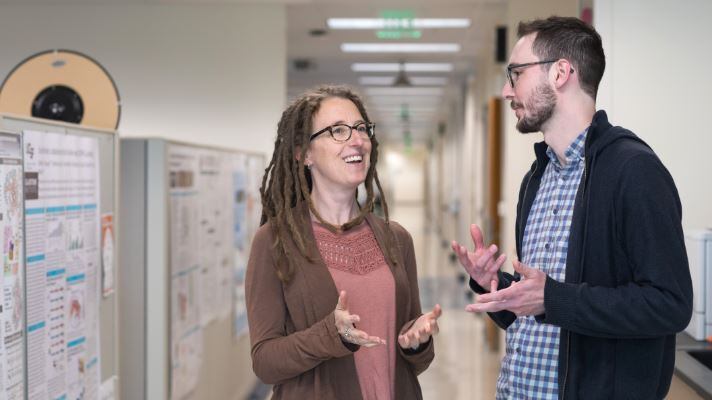Writing in The Journal of the American Medical Association (JAMA), findings revealed a FMT was able to induce a UC remission, with a 32% rate noted compared to 9% with placebo.
“The most important difference in this trial compared to previous studies is the use of anaerobic (oxygen-free) stool processing,” said study leader Dr Sam Costello, a gastroenterologist and lecturer based at the University of Adelaide’s Medical School.
“Many gut bacteria die with exposure to oxygen and we know that with anaerobic stool processing a large number of donor bacteria survive so that they can be administered to the patient.
“We believe that this may be the reason that we had a good therapeutic effect with only a small number of treatments.”
While the team believed anaerobically prepared FMT may be effective in treating UC, they acknowledged that further research was needed to assess longer-term efficacy and safety.
Growing evidence implicates the colonic microbiome in the progression of UC with most therapies targeting the immune response rather than the luminal microbial environment.
As the majority of colonic bacteria are extremely oxygen sensitive the team believed its effect could be diminished or eliminated if the stools were processed under aerobic conditions.
Study details
Along with colleagues from South Australian Health and Medical Research Institute (SAHMRI), CSIRO and CALHN (SA Health), Dr Costello enrolled 73 adults with mild to moderate active UC.
Patients received either pooled donor FMT that had been anaerobically processed or their own stool as placebo via colonoscopy followed by two enemas.
The primary outcome—steroid-free remission of UC—was achieved in 12 of the 38 participants (32%) receiving pooled donor FMT compared with three of the 35 (9%) receiving autologous FMT.
Five of the 12 participants (42%) who achieved the primary end-point at week eight following donor FMT maintained remission at 12 months.
There were three serious adverse events in the donor FMT group and 2 in the autologous FMT group.
“A unique feature of this study was the use of anaerobic stool processing, a method that has been previously demonstrated to preserve viable anaerobes,” the study highlighted.
“All of the organisms positively associated with the observed treatment response in this study were anaerobes (mostly obligate anaerobes).
“Preservation of donor-derived anaerobes may explain the similar clinical effect seen with this low-intensity treatment study when compared with other protocols with more intensive regimes.
Microbiotica collaboration
In studies conducted since 2013, FMT has proved an effective intervention for recurrent or refractory Clostridium difficile infection.
FMT has also demonstrated variable efficacy in treating active UC in three randomised clinical trials using aerobically prepared stool suspensions with relatively high treatment intensities.
It has also been demonstrated that many obligate anaerobes, such as Faecalibacterium prausnitzi, are lost with aerobic stool processing but are preserved with anaerobic stool processing.
Dr Costello revealed that an agreement was in place with the UK-based firm company Microbiotica to commercialise the development of a microbial therapeutic from the study.
“Our long-term aim is to develop rationally designed microbial therapies that can replace FMT,’’ he said.
“These will have bacteria in a pill that can carry out the therapeutic effect without the need to take whole faeces. This is obviously a better and less smelly option.”
Source: JAMA
Published online: doi.org/10.1001/jama.2018.20046
“Effect of Fecal Microbiota Transplantation on 8-week Remission in Patients with Ulcerative Colitis.”
Authors: Samuel Costello, Patrick Hughes, Oliver Waters, Robert Bryant, Andrew Vincent, Paul Blatchford, Rosa Katsikeros, Jesica Makanyanga, Melissa Campaniello, Chris Mavrangelos, Carly Rosewarne, Chelsea Bickley, Cian Peters, Mark Schoeman, Michael Conlon, Ian Roberts-Thomson, Jane Andrews.


